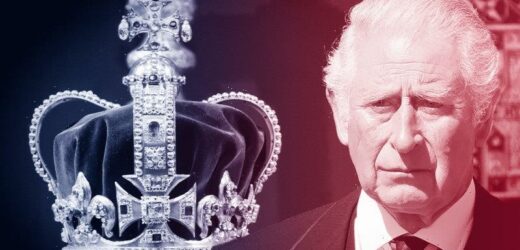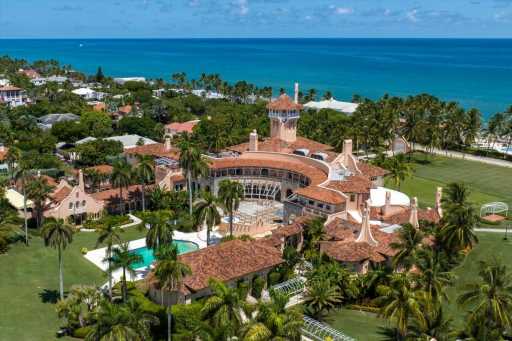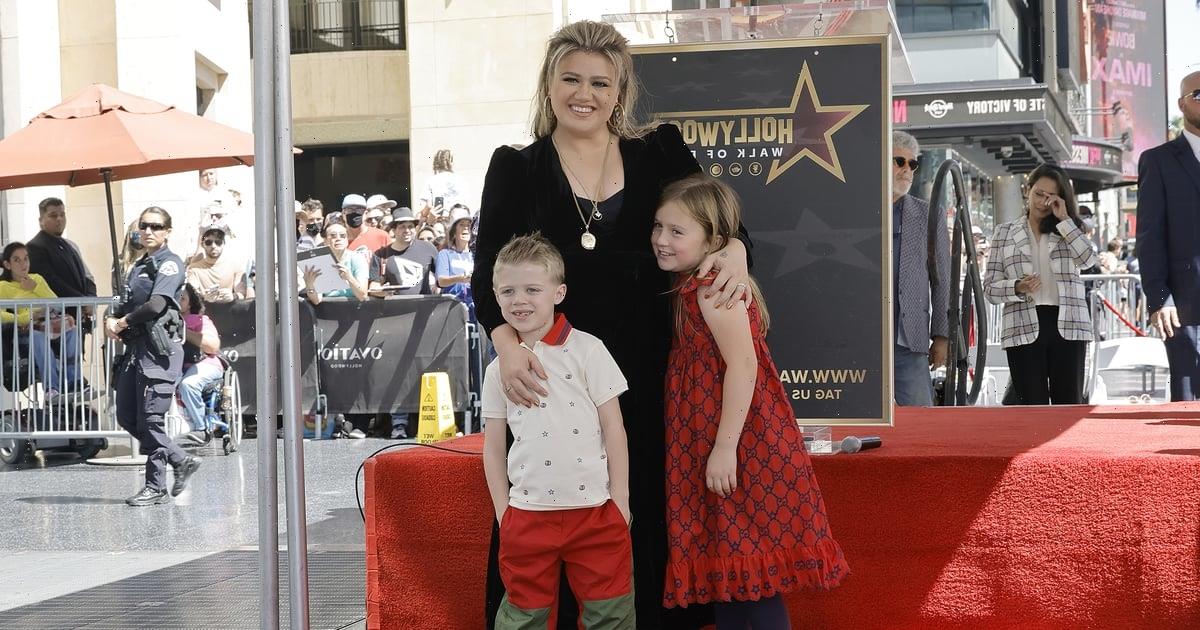Australians’ support for a republic has dropped to 46 per cent and they want more time to decide on the divisive change after marking the death of Queen Elizabeth II with an extraordinary endorsement of her time as the nation’s head of state.
Voters have shifted in favour of the status quo when asked to decide a “yes” or “no” question on a republic at a time of global attention on the Queen’s funeral and the transition to King Charles, shattering the narrow majority for change revealed in a similar survey in January.
Support for an Australian republic has dropped following the death of Queen Elizabeth II.Credit:AP, Getty Images
The exclusive findings reveal that only one state, Victoria, would back a republic and would do so only with a tiny majority of 50.2 per cent, dooming a referendum to failure and repeating the rejection of the 1999 attempt to amend the constitution.
In a significant divide on gender lines, 59 per cent of women oppose the change while 49 per cent of men say the same, matching a pattern found in the past but also highlighting the challenge for republican advocates.
Younger Australians are more likely to support the break with the monarchy, with 54 per cent in favour among people aged from 18 to 34, while there are significant majorities against change among voters aged from 35 to 54 and those over 55.
The exclusive results in the Resolve Political Monitor, conducted for The Sydney Morning Herald and The Age by research company Resolve Strategic, include responses to a final question akin to a referendum with only “yes” or “no” options.
The survey found that 54 per cent said “no” and 46 per cent said “yes” to a question that asked: “Even if it’s just a slight leaning or a guess right now, would you vote yes or no to Australia becoming a republic?”
With the funeral for Queen Elizabeth bringing millions of Britons to the streets of London and drawing an estimated free-to-air television audience of 3.5 million in Australia, voters who were undecided about the republic in January were more likely to be against the change in the latest survey.
“The biggest movement is in those previously undecided on the republic question breaking to opposition, rather than supporting one,” said Resolve director Jim Reed.
“This is very likely due to people feeling the time is inappropriate, either because they respect what the Queen has done or want to see what the King will do.”
The Resolve Political Monitor surveyed 1607 eligible voters from Wednesday to Sunday, a period when the media was dominated by the death of Queen Elizabeth and the preparations for her funeral as well as some coverage of questions to Prime Minister Anthony Albanese and other political leaders about a republic.
“Now’s not the time to focus on that,” Albanese told the BBC on Sunday when asked about a republic, adding that his priority was a referendum on an Indigenous Voice and recognition for First Australians in the Constitution.
Asked their view of the Queen’s reign, 75 per cent of respondents said she had done a good job while 20 per cent were unsure and 5 per cent thought she did a poor job.
Many voters also gave King Charles III their support when asked how they thought he would perform as Australia’s head of state, with 45 per cent saying he would do well and 41 per cent unsure, with only 14 per cent saying he would do badly.
Asked about Governor-General David Hurley, however, 57 per cent were unsure or neutral on his performance. One month after a political storm over former prime minister Scott Morrison asking the governor-general to sign papers giving him power over five ministerial portfolios, 30 per cent of voters said Hurley had done a good job over the past three years and 13 per cent said he had performed poorly.
The first question in the Resolve survey on a republic gave respondents an “undecided” option but a later question required a “yes” or “no” answer and could track how the undecided voters shifted.
Core support for the republic was the same in January and September at 36 per cent but the number of voters who were against the change rose from 27 to 37 per cent.
While 38 per cent were undecided in January, this fell to 27 per cent in the latest survey.
The combined impact increased the number of voters against the republic from 46 to 54 per cent from January to September and cut the number in favour of a republic from 54 to 46 per cent.
The findings show that undecided voters split equally between the “yes” and “no” camps in January but two-thirds of the undecided voters chose “no” in September.
“How Charles performs remains to be seen, but the drop in support for a republic is likely to be temporary,” said Reed.
“This has historically been the case when we see weddings, funerals, jubilees and births in the royal family. There’s a kind of celebrity interest around these times that makes it difficult to find the right time.”
With advocates for a republic divided over how to choose the head of state, the Australian Republic Movement put forward a proposal in January to give voters the final choice from a shortlist of candidates put forward by federal, state and territory legislatures.
Federal parliament would put forward three nominees while every state and territory would nominate one each in the new approach.
Only 34 per cent of voters backed this model when the design was put to them in the latest survey, down from 38 per cent asked the same question in January. The proportion against rose to 39 per cent from 30 per cent in January.
When voters were given a series of options about the timing of a decision on a republic, 32 per cent backed the idea of waiting until after further consideration of King Charles III and 30 per cent said they did not want a vote on the matter at all. Only 21 per cent said they wanted a vote as soon as possible after the official period of mourning for Queen Elizabeth II.
Cut through the noise of federal politics with news, views and expert analysis from Jacqueline Maley. Subscribers can sign up to our weekly Inside Politics newsletter here.
Most Viewed in Politics
From our partners
Source: Read Full Article



